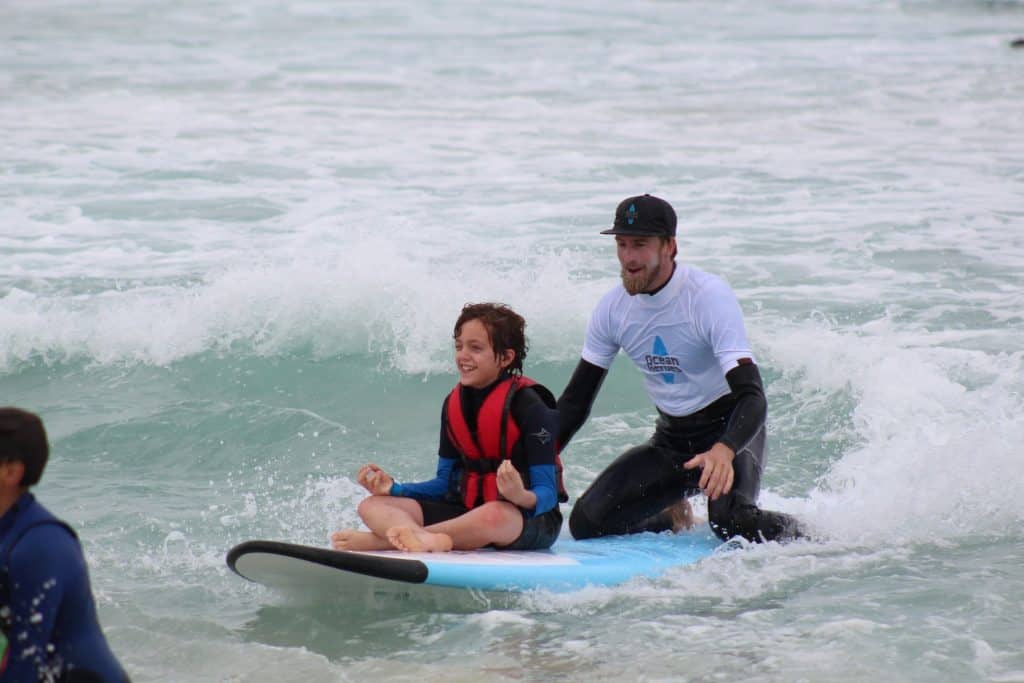SURFING THE SPECTRUM
Most of us experience common health issues such the occasional dose of the flu, possibly a broken limb or even just a nagging joint injury as a reminder of years gone by when we thought we were an elite athlete. Fortunately, in Australia, our health system caters fairly well for these physical conditions. We deal with it, minor inconvenience and get over it. However, in more recent times, conditions such as depression, anxiety and bi polar disorder have become highlighted. Of course they likely always existed, but for many reasons did not have a ‘title’ and so perhaps people were less inclined to reveal it and attempted to tough it out. Now diagnosis skills are far more developed and society in general is more prepared to have an open conversation on these topics. It must be extremely difficult to understand the issues surrounding such conditions unless you are experiencing it yourself, or living with someone else who is. Personally, I had no understanding of bipolar disorder until years ago, when I went back home for a few weeks to assist my mum during a very difficult ‘episode’. More recently, organisations such as Beyond Blue have done a remarkable job, not just supporting those in need, but making all of us more aware of these issues.
So when my son, Jay, rang last weekend and told me about his day at Trigg Beach, volunteering in a surfing session to assist kids with autism, as part of the Ocean Heroes Australia program, I had plenty of questions. Ocean Heroes, a not for profit organisation, was established by three young West Australian surfers, Luke Hallam, Sam Moyle and Tom Johnston, with the stated aim to enhance the lives of those living with autism, through active involvement in the sport of surfing. A quick look at their video posted on the Ocean Heroes homepage, showing volunteers and autistic kids at local Perth beaches, leaves you in no doubt as to the benefits of the program and as a dad, I don’t mind admitting it was quite special seeing Jay in the video.
On further research I discovered that autism is a ‘persistent developmental disorder, characterised by symptoms evident from early childhood. These symptoms can range on a spectrum from mild to severe, and include difficulty in social interaction, restricted or repetitive patterns of behaviour and impaired communication skills’. It is estimated to affect about 1 in 150 Australians, that’s over 164,000 people, with the prevalence four times more likely for boys than girls and there is still so much more to be discovered. But back to Ocean Heroes, just another example of a new, younger generation, wanting to contribute back to their community in ways never imagined years ago. When you check out their facebook photos, you cannot help but be infected by the scenes of happiness, joy and love on the faces of both the kids and the volunteers as they catch the waves, with high fives all round and parents cheering them on from the beach.
The autism prevalence statistics outlined above means it is highly likely that you, or someone you know, has a child with autism. If they are looking for a different experience to engage their child, then encourage them to register with Ocean Heroes. But better be quick, because the word is out and their events book out well in advance.

